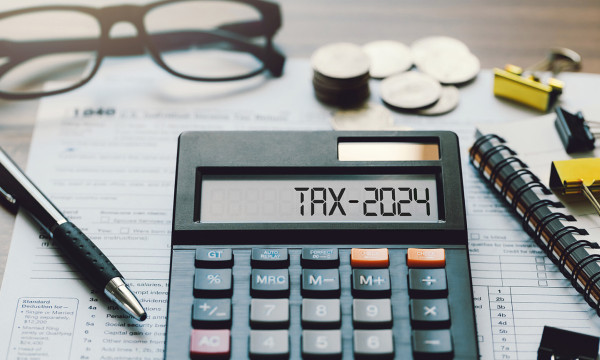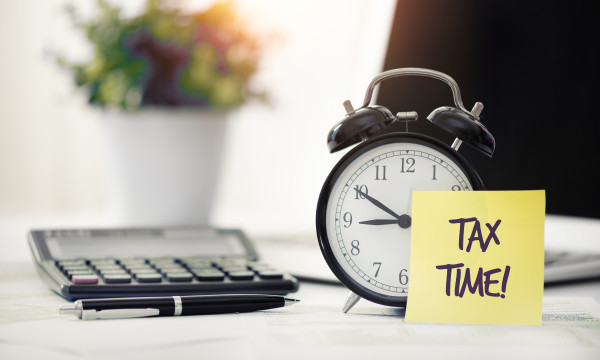2020 taxes: Let’s talk home office deductions

With more people working from home than ever before, many taxpayers are wondering if they can claim a home office deduction when they file their 2020 tax return. And we’re willing to bet small business owners have more questions than in previous years, too. While the best person to answer your tax deduction questions would be your tax advisor — and we definitely recommend consulting them — we can provide you with some general info designed to help organize your pre-tax appointment thoughts. We’ve included some oft-asked questions and some general answers; you and your professional of choice will be able to dial in on what works best for you.
Who can claim a home office deduction? We’ll start by saying this topic is probably at the top of the list of things to discuss with your accountant or tax professional. Generally speaking, employees are not typically eligible for this deduction; however, small business owners and entrepreneurs who use their home for business-related activities may be able to take the home office deduction.
Do I have to work solely from home to take the work-from-home deduction? In order to qualify for this deduction, your home office doesn’t have to be the only place you work, but it should be your primary place of business.
What qualifies as business-related activity? This is a pretty broad category, but according to the IRS, it may include meeting clients, billing customers, bookkeeping, setting appointments, and any number of other administrative or managerial duties.
Can I use any part of my home for business? Technically yes, as long as the space is used exclusively for conducting business — for example, using a workspace in the corner of your kitchen or bedroom most likely makes you ineligible, but there are a couple of exceptions regarding daycare services for children, elderly, or handicapped individuals and for inventory storage. However, it’s best to have a dedicated home office.
Do I have to own the dwelling? And does it have to be a house? This is another question that’s best suited for your accountant or tax advisor — it is their specialty, after all! However, the IRS allows for a wide variety of dwellings and freestanding structures for both homeowners and renters (think garage or barn). The kicker is that the structure must meet the “exclusive and regular use” requirements.
What kinds of expenses may I be able to deduct? Depending on your situation, whether you meet specific requirements, and how you file (there are a couple options for filing — one simplified, the other more detailed and complicated), you may be able to claim various home, utility, and/or maintenance-related expenses. Even then, the deductible amount of these types of expenses may be limited.
Are there exceptions or special rules? Special rules apply for certain business owners such as the daycare providers we mentioned, self-employed individuals, and farmers, so you’ll want to do a deeper dive if you fall into one of these categories.
At the end of the day, talking to your accountant or tax advisor is key before attempting to claim any work-from-home expenses. But, we hope we’ve given you some food for thought as you prepare to file this spring. For more information on the topic of taxes, we recommend consulting the IRS website — this article is a great place to start. We wish you painless filing!
Want more help with taxes? Check out our Tax Resource Page.
Learning Center articles, guides, blogs, podcasts, and videos are for informational purposes only and are not an advertisement for a product or service. The accuracy and completeness is not guaranteed and does not constitute legal or tax advice. Please consult with your own tax, legal, and financial advisors.




